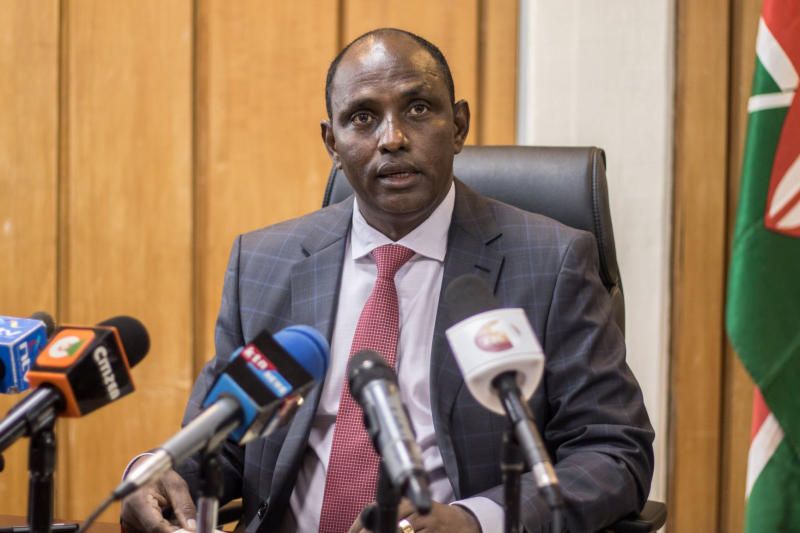×
The Standard e-Paper
Fearless, Trusted News

Sitting in their casual-themed offices at Purshottam Place in Nairobi, their colourful walls adorned with powerful African frescos, the top brass at Google Kenya must have been tempted to pop the champagne after the Tax Appeal Tribunal last week ruled in their favour.
It was a five-year legal battle pitting Google Kenya, a local branch of internet giant Google, against the Kenya Revenue Authority (KRA).







